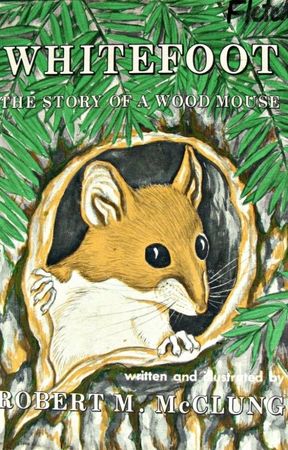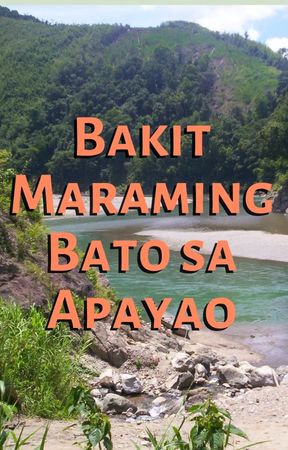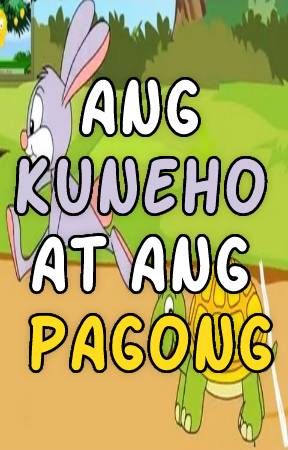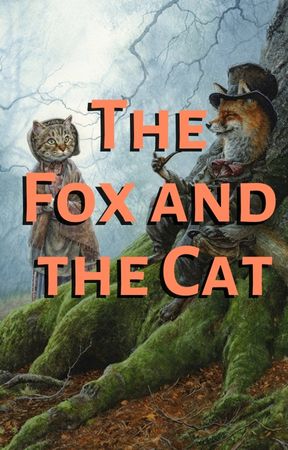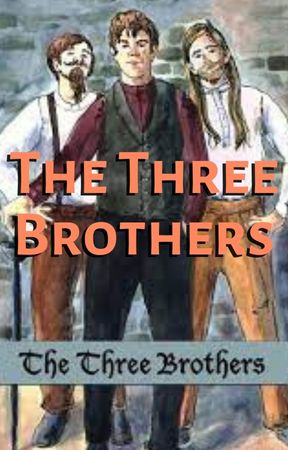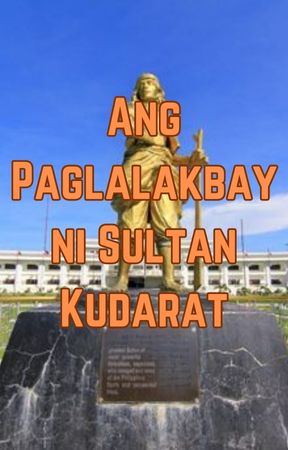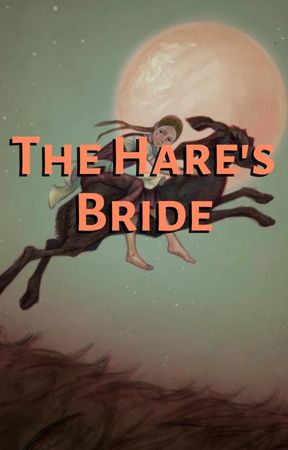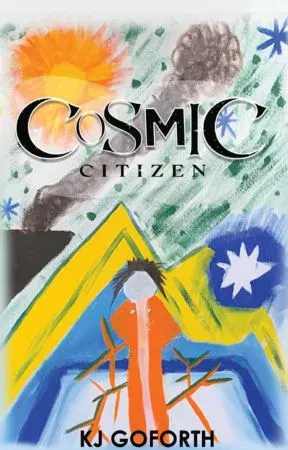In a bustling classroom, filled with the murmur of curious students, Ms. Hernandez, a passionate teacher with twinkling eyes, embarked on a thought-provoking lesson. Today’s topic wasn’t confined to the pages of a textbook; it stretched beyond the boundaries of the Earth, out into the vast unknown – the cosmos.
Ms. Hernandez wasn’t just teaching about planets and stars; she was planting the seeds of a new kind of citizenship – cosmic citizenship. She explained how, for millennia, humans had identified themselves by their nations, their cultures, and their cities. But with the advancement of science and technology, our perspective was shifting. We were no longer isolated inhabitants of a single planet; we were explorers peering out into a universe teeming with possibilities.
The idea of being a cosmic citizen sparked a flurry of questions in the classroom. What did it mean to belong to something bigger than yourself? How could a child in a small town contribute to the vast cosmos? Ms. Hernandez, with a smile, explained that cosmic citizenship wasn’t about grand gestures; it was about a shift in perspective.
She invited a guest speaker, Dr. Patel, a renowned astrophysicist, to join their class. Dr. Patel, brimming with enthusiasm, shared his awe-inspiring experiences studying the universe. He spoke of the delicate balance of nature, the intricate dance of galaxies, and the possibility of life existing beyond our planet. His words sparked a sense of wonder in the students, replacing fear of the unknown with a captivating curiosity.
Ms. Hernandez then divided the class into groups, each assigned a different celestial body – a planet, a moon, or even a distant star. Each group was tasked with researching their assigned object, learning about its composition, its place in the solar system, and the mysteries it held.
Through their research, the students discovered that the universe wasn’t just a collection of celestial bodies; it was a complex ecosystem, where everything was interconnected. They learned about the delicate balance that allowed life to thrive on Earth and the importance of protecting our fragile planet.
As their research progressed, the students went beyond mere facts and figures. They explored the ethical implications of space exploration, the potential for collaboration with extraterrestrial intelligence if it existed, and the responsibility we, as cosmic citizens, had to preserve the universe for generations to come.
Their findings culminated in a vibrant presentation where each group presented their celestial body not just as a scientific object, but as a potential neighbor in the vast cosmic community. They discussed the possibility of finding resources on other planets, the challenges of interstellar travel, and the importance of international cooperation in space exploration.
The classroom buzzed with excitement. These weren’t just students anymore; they were cosmic citizens, brimming with ideas and a newfound sense of responsibility. They understood that their actions, no matter how small, could have a ripple effect across the universe.
The story of Ms. Hernandez’s class resonated beyond the walls of the school. It sparked conversations in homes, communities, and even government forums. The idea of cosmic citizenship, once a distant dream, began to take root. People began to think not just about their national borders, but about the vast expanse of the cosmos that connected us all.
This shift in perspective wasn’t just about exploration; it was about fostering a sense of shared responsibility for the only home we truly have – the universe. It was a reminder that despite our differences, we were all inhabitants of this magnificent cosmic dance, and our future depended on our ability to collaborate and protect this shared wonder.

